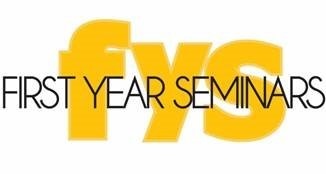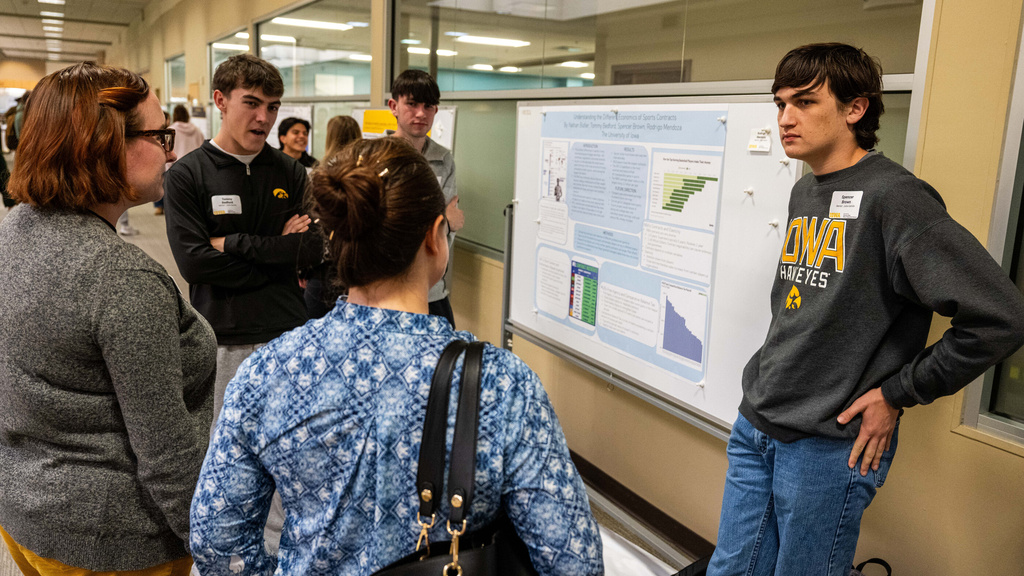
4 Pillars of a First-Year Seminar
4 Pillars as Instructional Guiding Principles & Framework for Course Design
First-Year Seminar instructors are highly engaged in first year student development and have an active, important role in their students' transition to college. All First-Year Seminars are developed around the following Four Pillars of a University of Iowa First-Year Seminar. By incorporating these research-based guiding principles and consistent framework for course design into each seminar, the role these courses (and instructors) have in students' academic success is strengthened.
For additional information on course design, learn about the 8 Attributes of High Impact Practices.
Instructors should note that these are guiding principles and framework for course design, not content directives. First-Year Seminar curriculum is determined by individual instructors and seminars may be developed around one, two, three, or all four pillars.
Pillar 1: Academic Inquiry
First-Year Seminars serve as an introduction to the process of discovering, exploring, and analyzing academic questions and developing critical academic skills within a specific topic, field of study, or discipline area.

Pillar 2: Active Learning
"Active learning is commonly defined as activities that students do to construct knowledge and understanding. The activities vary but require students to do higher order thinking. Although not always explicitly noted, metacognition- student's thinking about their own learning- is an important element, providing the link between activity and learning."
"Approaches that promote active learning focus more on developing students' skills than on transmitting information and require that students do something- read, discuss, write- that requires higher-order thinking. They also tend to place some emphasis on students' explorations of their own attitudes and values."
Pillar 3: Community and Connectedness
First-Year Seminar classrooms are smaller classroom settings with welcoming learning environments that foster positive relationships, recognize and celebrate differences among all participants, and contribute to a more enriching academic experience for everyone.

Pillar 4: Exploration of Identity
"Developing self-authorship, [is] the internal capacity to construct one's beliefs, identity, and social relations" (Evans et al, 2010, p. 184).
Students enrolled in a First-Year Seminar participate in the key developmental process of asking themselves: Who am I? How do I know? and How do I construct relationships with others?
Growth through self-authorship is often done through writing or other work that fosters reflection and provides an opportunity for students to process what they're learning and how this new knowledge contributes to their personal development.
Sources of information for the 4 Pillars of a First-Year Seminar at the University of Iowa:
